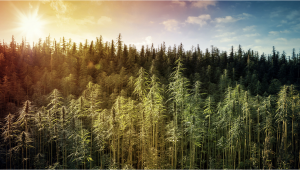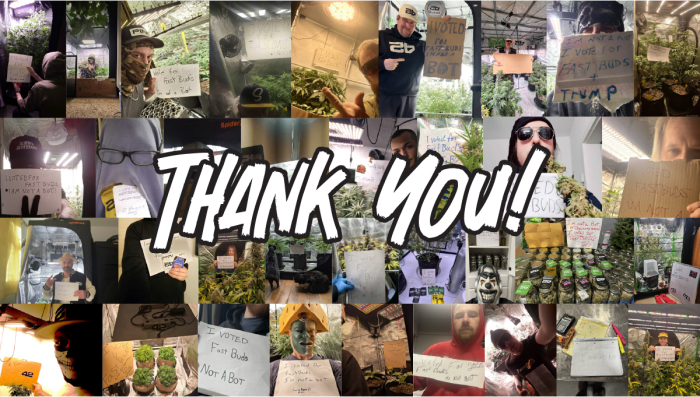Hemp: The World's Most Versatile Product

Experts are confident that hemp, the world’s most versatile product, can aid in the fight against climate change and ecological collapse due to its effectiveness, benefits and multiple uses. Thanks to cannabis legalization across the world, scientists have had the opportunity to study hemp and it turns out that it might be a land-saving crop because it can produce the same amount of oil, biomass, and protein in a smaller area than the crops we’re currently growing.
The World's Most Versatile Product
Hemp has multiple applications, ranging from construction materials and biodegradable plastics to uses in the aerospace and automotive industry which is a big surprise to most people, but experts say that the plant’s uses were known for long and believe hemp was overlooked and underused because of the bad reputation the cannabis plant has.
Nowadays that cannabis has been decriminalized (and legalized) in several countries, experts claim that it will help boost the hemp industry and it will help create a lucrative sustainable economy, eventually replacing wood, cotton, and petroleum-based products due to needing fewer resources to cultivate it. For example, cotton requires at least 5000 liters of water for every 500 grams of final product while hemp requires less than half yet produces up to 250% more fiber in the same amount of land.
The First Step Against Climate Change
Now, hemp’s oil and protein production is almost the same as other crops but due to the huge amount of biomass hemp provides, it could be used for textile production and construction materials which can be stored for more than 50 years, allowing us to take the first step into taking carbon out of circulation.
But scientists warn that it’s vital we change the bad habits affecting our planet because hemp is not the solution, but a powerful tool against the climate crisis we’re going through at the moment, and can help fight climate change in several ways; Hemp crops need less fertilizer to grow, which would help revitalize our lands and the seeds produced could substitute meat, poultry, fish, eggs, and dairy foods, resulting in higher fiber prices that can generate a stable profit for farmers that switch to hemp cultivation, huge carbon sinks and the potential for increased biodiversity net gains.
If done correctly and companies take it seriously, we will surely see lots and lots of different hemp products in the near future, and experts are pretty confident that this is the beginning of a journey that could help us save the world.
If you’re interested in more news about hemp feel free to let us know in the comment section below!









Comments